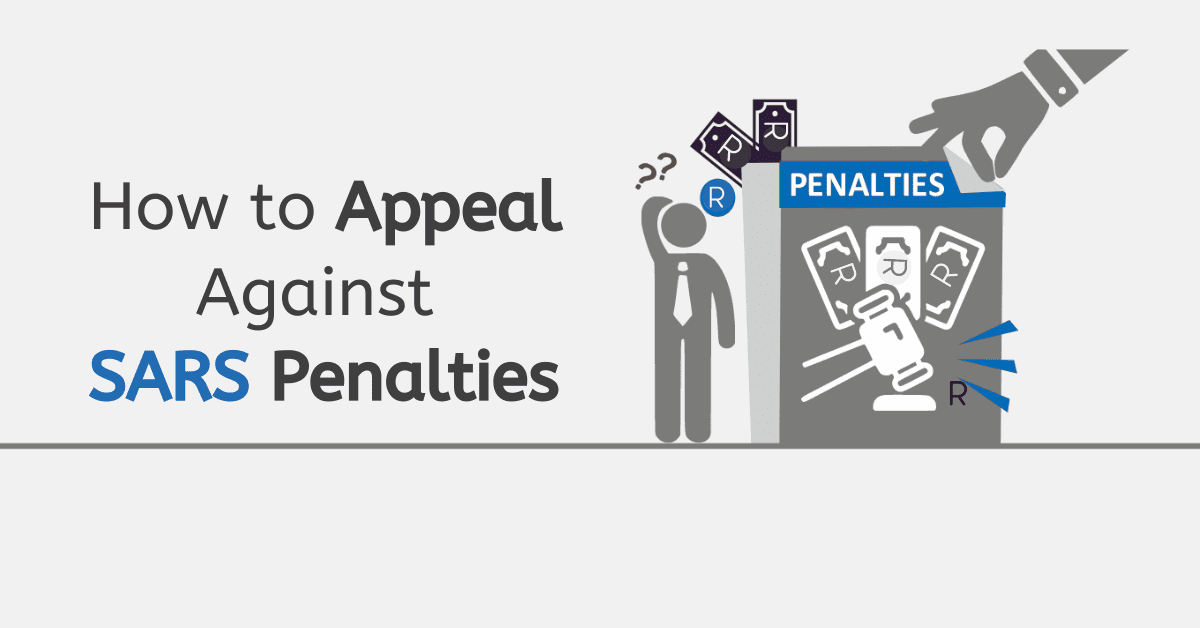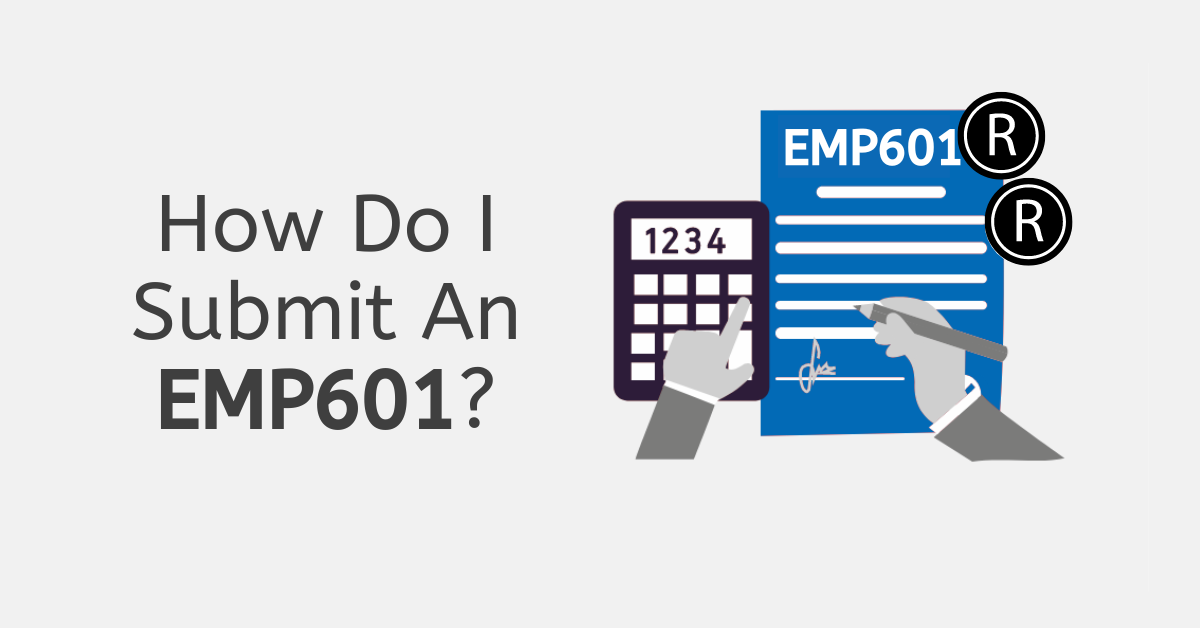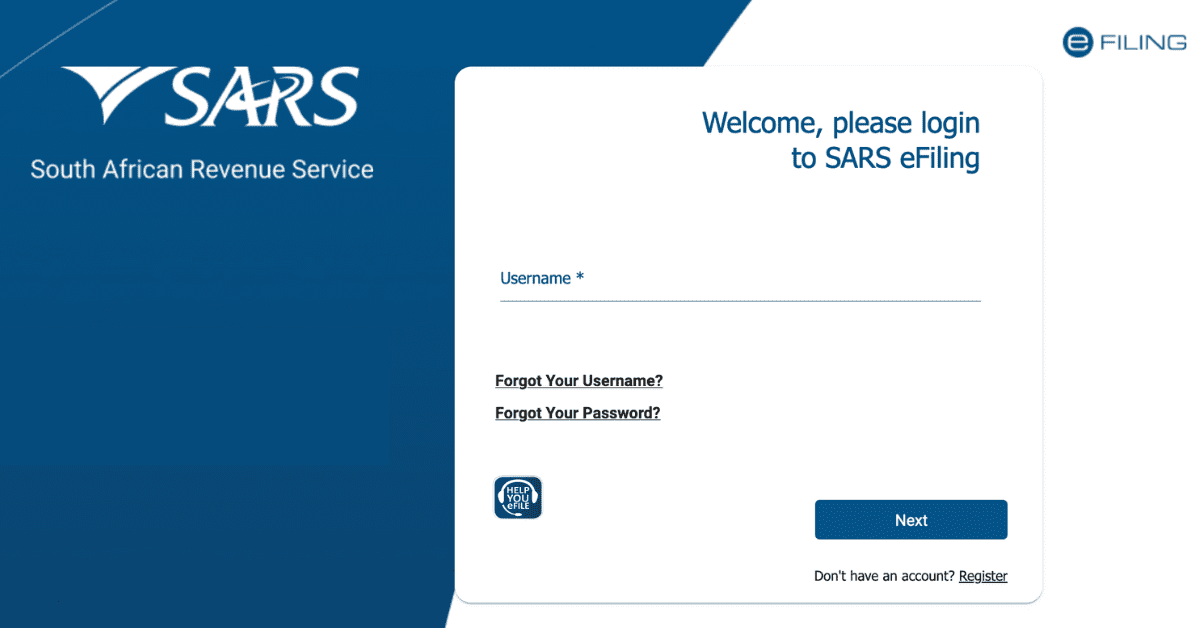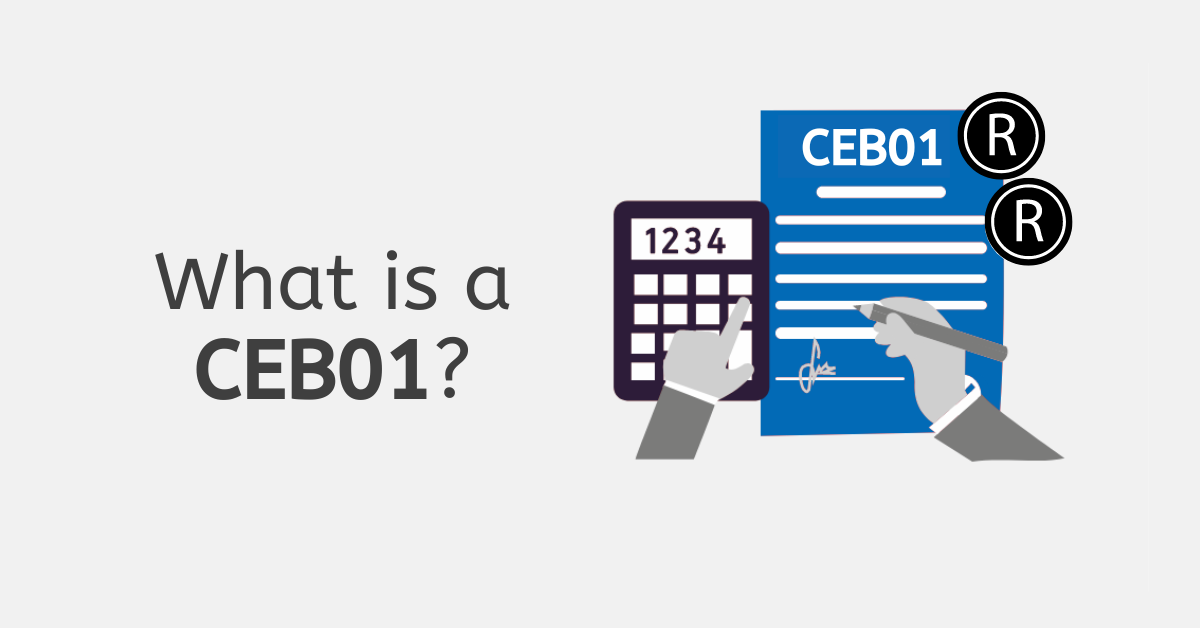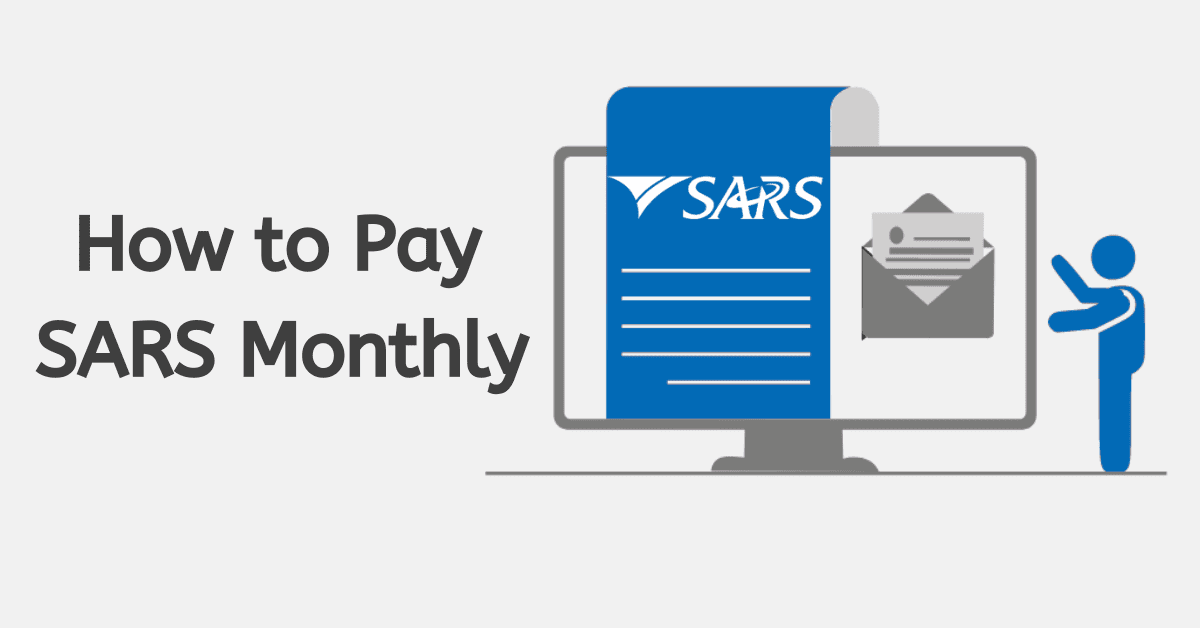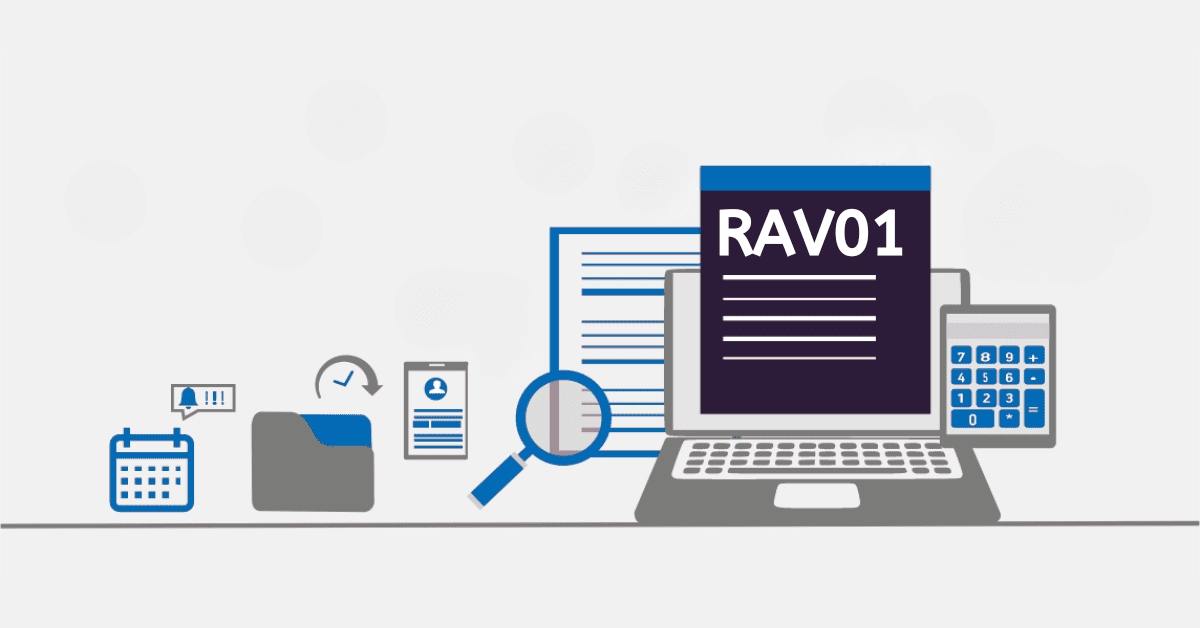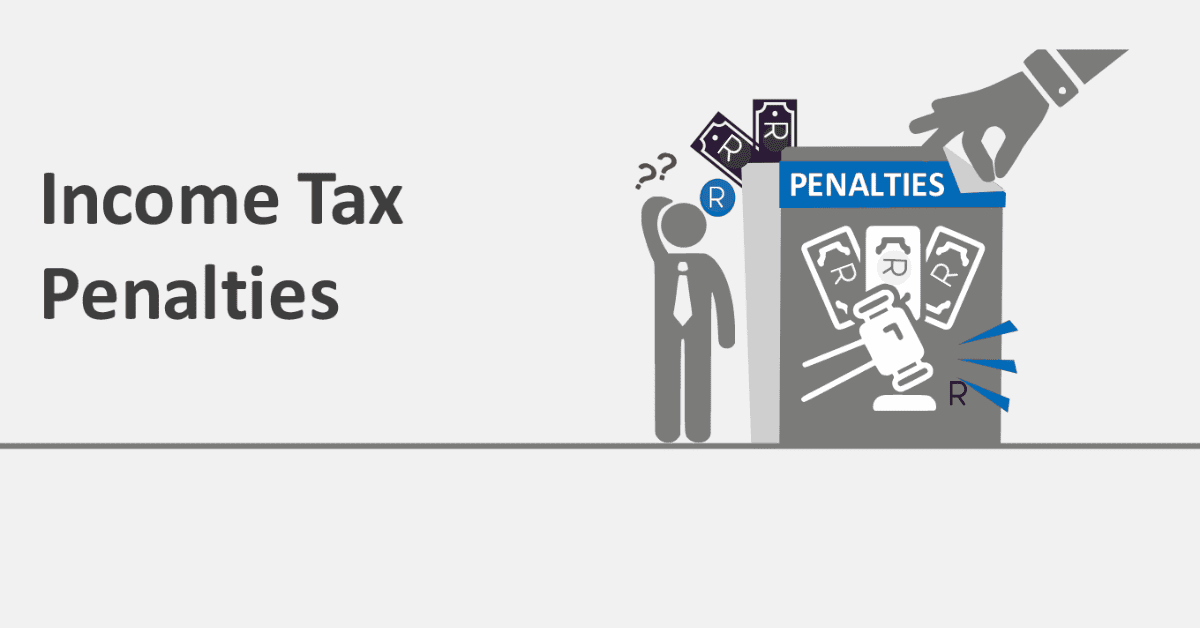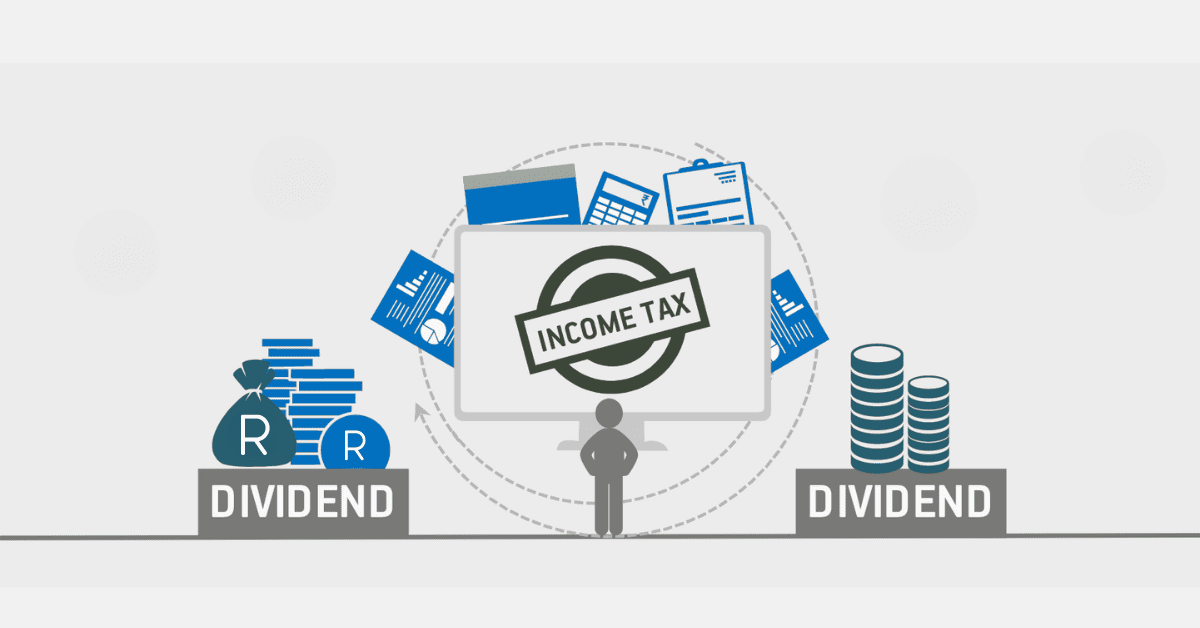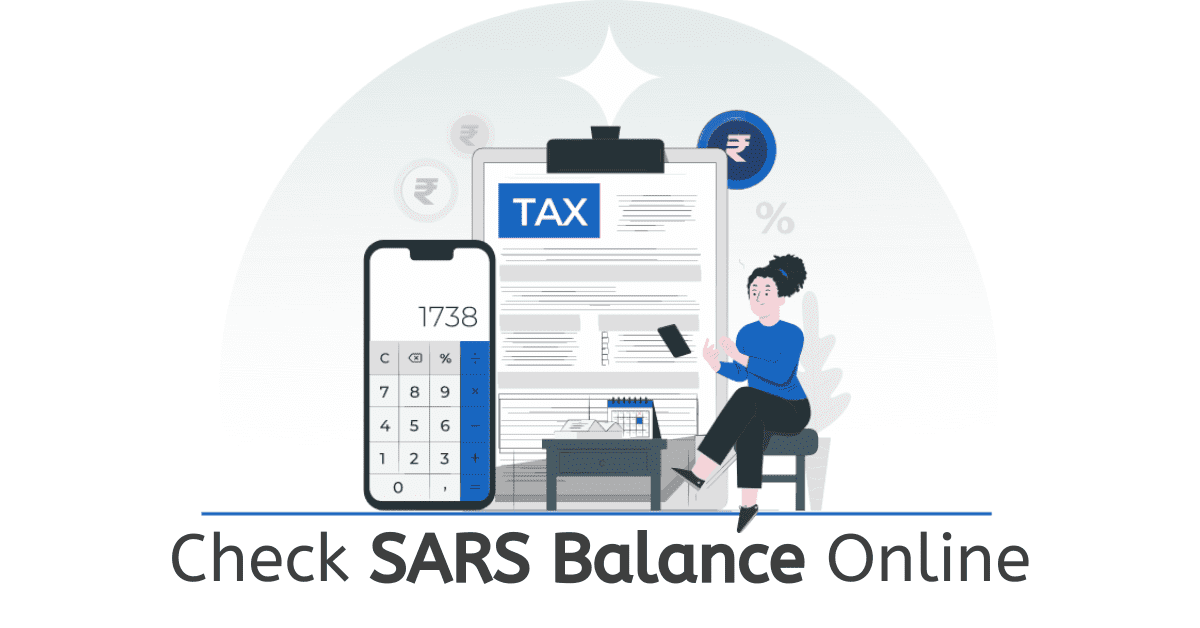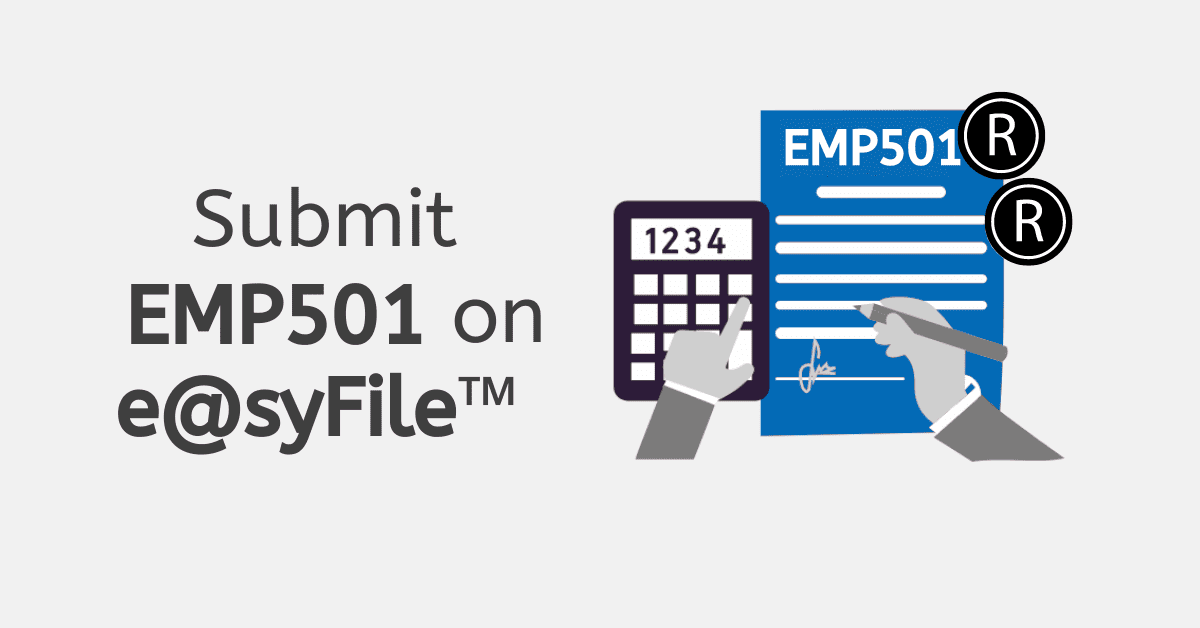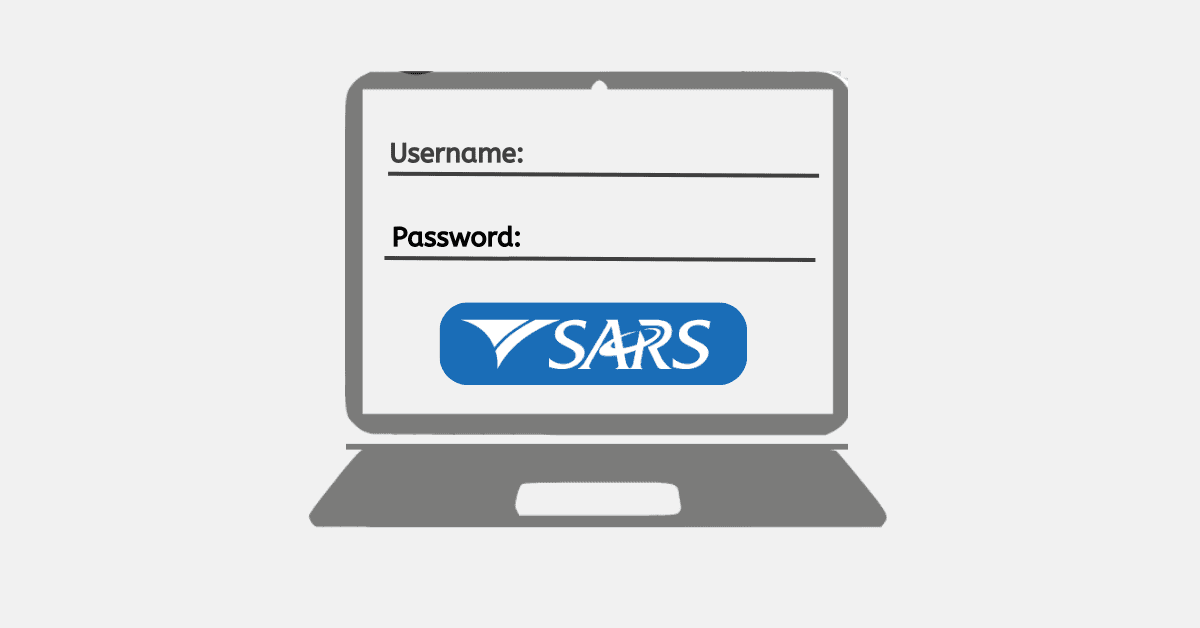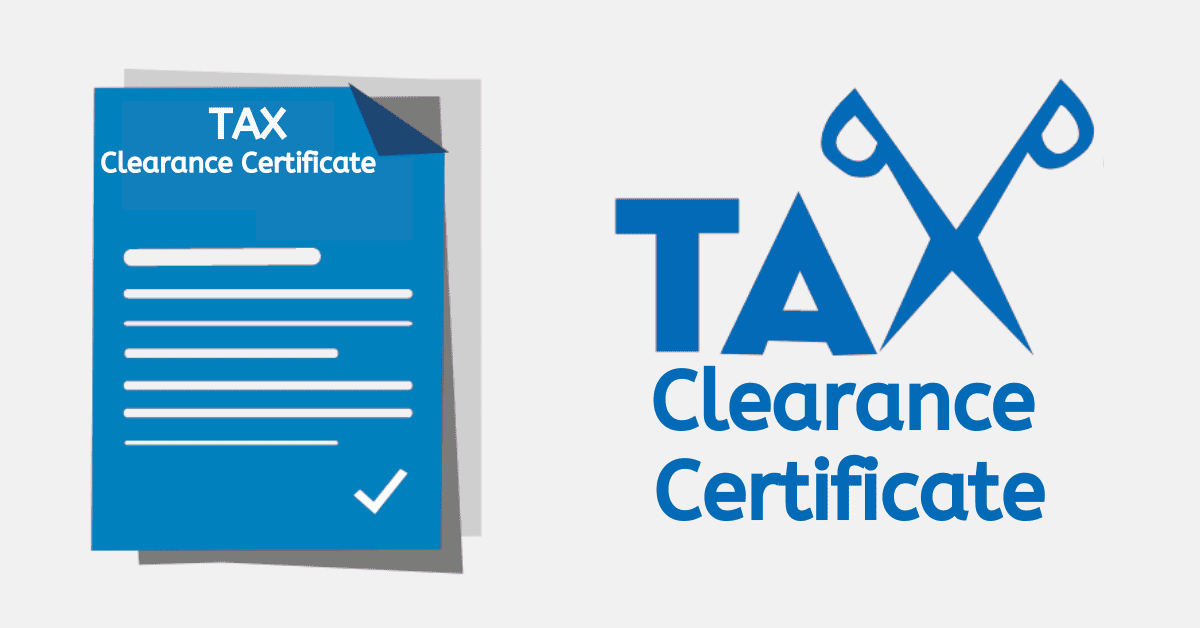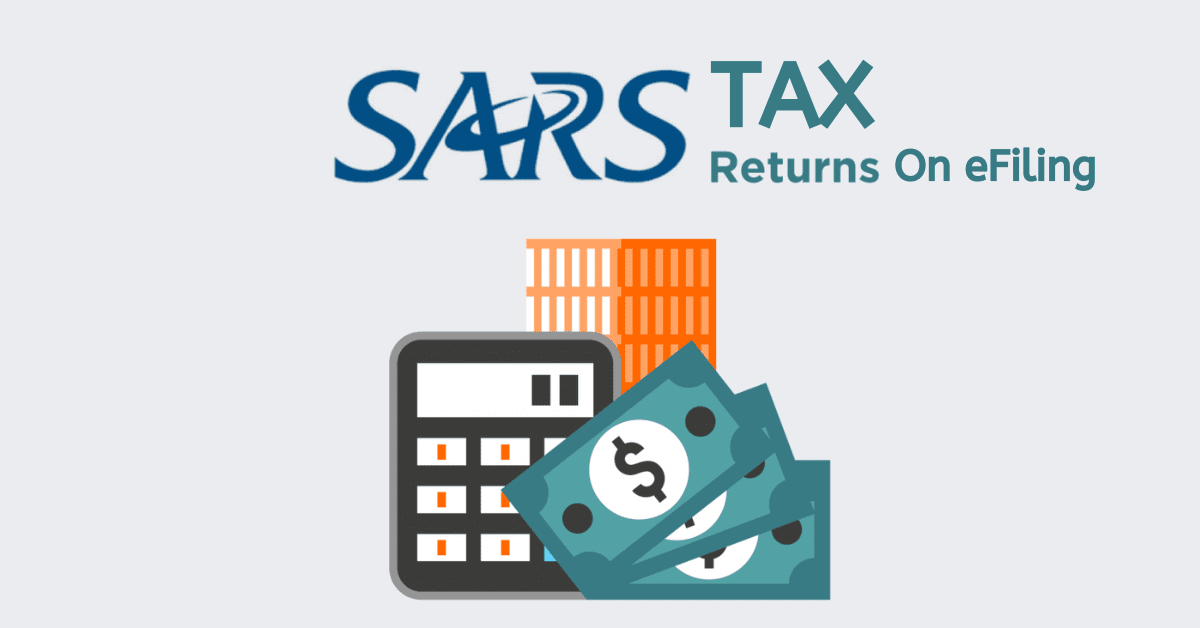Do you have a family member who wants to give you an asset or some money as a gift? Perhaps you want to give a home to someone you love or donate money or shares to a worthy person? Or you want to take over the tuition costs for someone who is not officially your dependent? When you give money or financial assets to another party in South Africa, there can be tax liabilities for the donating party. Today, we walk you through everything you should know about taxes on gifts in South Africa.
Do You Pay Tax on Gifted Money in South Africa?
In South Africa, there is no gift tax payable by the recipient of a gift. If you receive a gift of money from someone, you are not required to pay tax on the gift. It would simply be declared as ‘non-taxable income’ on your income tax return. However, if the gift is in the form of an asset, such as a house or a car, you may be liable for taxes such as transfer duty or value-added tax (if applicable). Depending on the type and value of the gift, there may also be tax implications for the person making the gift.
Officially, the gift will count as a donation from the donor (the giver) to the donee (the recipient) for tax purposes. So, it falls under donations tax legislation. The person making the gift will be subject to tax if the gift exceeds a certain amount. Individuals are allowed to make tax-free donations up to a certain annual limit, currently set at R100,000 per year. The donor will be liable for donations tax if the gift exceeds this amount. These limits are different for companies and other entities.
What does this look like in practice? If someone makes a gift of R150,000 in one year, the first R100,000 would be tax-free, but the remaining R50,000 would be subject to a 20% donations tax, resulting in a tax liability of R10,000 to be paid by the ‘doner.’
There are certain exceptions and exemptions to the donations tax rules, and it’s advisable to consult with a qualified tax professional to ensure that you comply with all relevant tax regulations, especially for larger gifts.
How Much Money Can You Gift Tax-Free in South Africa?
In South Africa, individuals are allowed to make tax-free donations up to a certain annual limit, currently set at R100,000 per year. This means that you can give up to R100,000 to any person during a tax year without incurring any donations tax.
In addition to the annual limit, there is also a lifetime limit on tax-free donations known as the “cumulative donations tax exemption”. This exemption is currently set at R3.5 million over a person’s lifetime. Once the cumulative limit is reached, any additional donations will be subject to donations tax.
It’s important to note that this R100,000 annual limit applies to the total amount of donations made during the tax year, regardless of the number of recipients. For example, if you give R50,000 to one person and R60,000 to another person during the same tax year, the total amount of your donations would be R110,000, and you would be liable for donations tax on the R10,000 excess amount.
It’s important to keep accurate records of all donations made to ensure that you do not exceed the annual or lifetime limits. It’s also advisable to consult with a qualified tax professional to ensure that you comply with all relevant tax regulations, as this is an area of tax law that can go wrong quickly if you don’t have confidence in what you’re doing.
What Happens if I Gift More Than R15000?
Provided you are still under both the R100,000 annual limit and the R3,500,000 lifetime limit, there is nothing different about gifting more than R15,000 in South Africa. You will still not be taxed on the amount. Once you reach the R100,000 per annum threshold, however, you will need to pay tax on donations that exceed R100,000.
For example, if you gift someone R110,000 in a single year, the R100,000 will be free of tax, and the remaining R10,000 will attract tax at the donations tax rate (currently 20%). So you would pay R2,000 total in tax.
How Much Do You Get Taxed for Gifting Money?
Donations tax is calculated at a rate of 20% on the portion of the gift that exceeds the annual limit until R30,000,000 is reached and 25% thereafter.
What is the Maximum Cash Gift Without Tax (2026)?
For the 2026/26 tax period, the maximum cash gift you can give someone without tax is R100,000. However, be aware that this is a total threshold- it doesn’t matter if you give one person R100,000 or ten people R10,000 as long as the total amount leaving your account is under R100,000. Anything you gift over that amount, even if the donee hasn’t received a cent from you before, will be taxed. Don’t forget that there is also a lifetime limit of three and a half million rand given as gifts- after that threshold, all donations will attract tax, even if they are under R100,000 in one year.
While the donations tax can seem complicated at first glance, it is actually a simple and rather forgiving system that lets you share your financial wealth and help loved ones without undue tax burdens.
